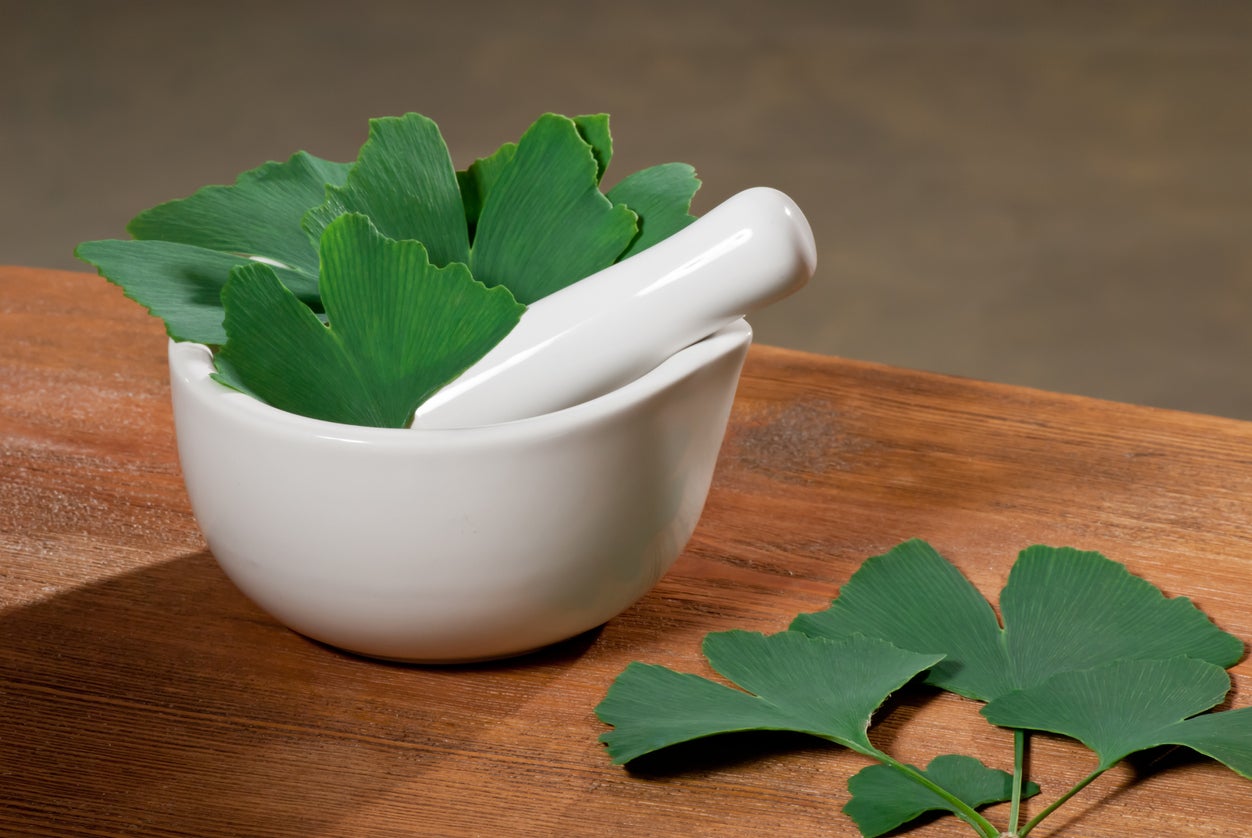Using Ginkgo Leaves: Are Ginkgo Leaves Good For You


Ginkgoes are large, magnificent ornamental trees native to China. Among the oldest species of deciduous trees in the world, these interesting plants are prized for their hardiness and adaptability to a wide range of growing conditions. While their unique fan-shaped foliage adds dramatic visual interest to the home landscape, many believe the plant to have other uses as well.
Among ginkgo leaf uses (ginkgo leaf extract) are supposed benefits to cognitive function and improved circulation. However, examining the validity of these claims is important when deciding whether or not to begin ginkgo supplements. Read on for more information on using ginkgo leaves for health.
Are Ginkgo Leaves Good for You?
Ginkgo (Ginkgo biloba) has long been touted for its purported medicinal benefits and uses. While many parts of the tree are toxic and should never be consumed, products made through the extraction of ginkgo extract are widely available in health food and supplement stores.
Many health benefits of ginkgo stem from the presence of antioxidants and flavonoids. The use of ginkgo extract made from the leaves of ginkgo trees and other plant parts is among the much believed preventative measures for dementia and other slowed cognitive processes in adults. Though many studies have been done, there is no consistent data or evidence to suggest that the use of ginkgo supplements is able to prevent the onset or slow the progression of dementia.
As with any plant-based supplement, those wishing to incorporate ginkgo into their diets should first perform adequate research. While these supplements are generally considered to be safe for healthy adults, some side effects may include dizziness, headaches, upset stomach, and allergic reactions.
Older adults, those with pre-existing health conditions, and women who are nursing or pregnant should always consult a qualified healthcare physician before adding ginkgo to their routine. Ginkgo supplements may cause adverse reactions to those with coagulation issues, epilepsy, and other disorders.
Due to its listing as an herbal supplement, claims regarding ginkgo products have not been evaluated by the Food and Drug Administration.
Sign up for the Gardening Know How newsletter today and receive a free copy of our e-book "How to Grow Delicious Tomatoes".
Disclaimer: The contents of this article are for educational and gardening purposes only. Before using or ingesting ANY herb or plant for medicinal purposes or otherwise, please consult a physician, medical herbalist, or other suitable professional for advice.

Tonya Barnett has been gardening for 13 years. Flowers are her passion. She has transformed her backyard into a cut flower garden, which she regularly chronicles on her YouTube channel http://www.youtube.com/@tonyawiththeflowers.